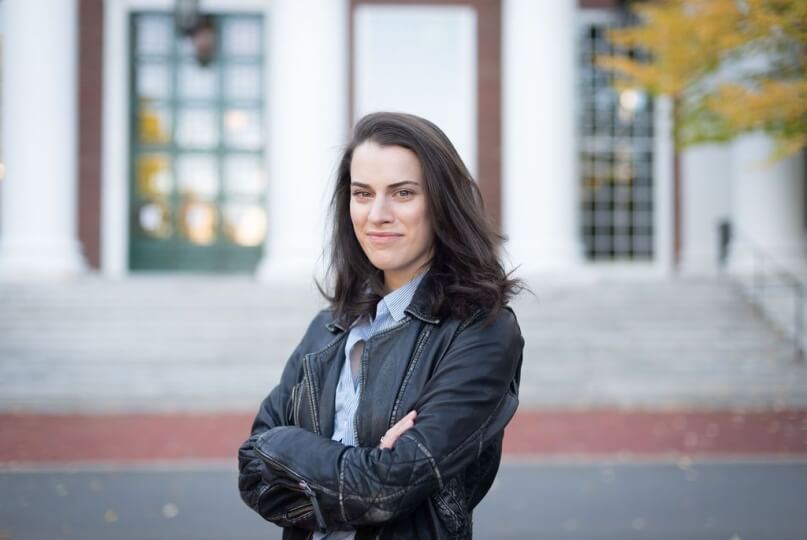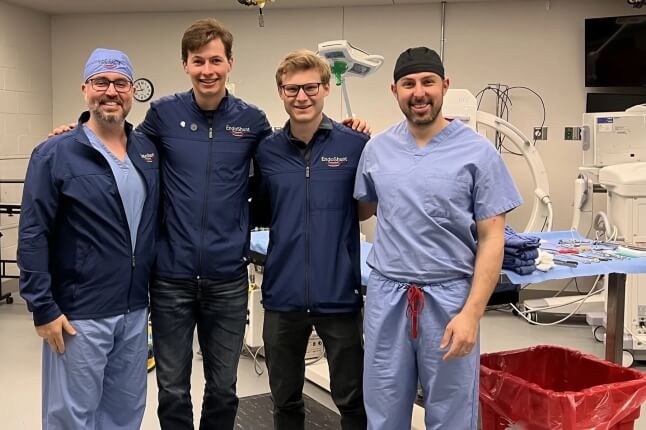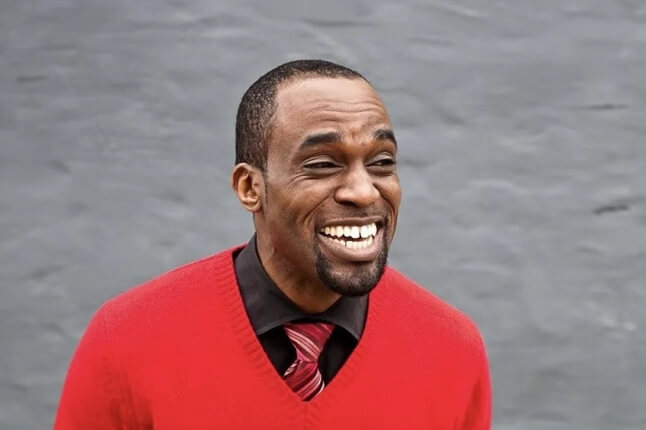News
Raquel Schreiber, S.B. '15, MS/MBA '21
For Raquel Schreiber, MS/MBA ‘21, engineering is essential to saving the planet. It’s what drove her to work in electric vehicles after getting her undergraduate degree in environmental science and engineering at the Harvard John A. Paulson School of Engineering and Applied Sciences (SEAS) in 2015, where she co-founded the SEAS Vehicle Racing Team.
Raquel was the first graduate of SEAS to work at Tesla, where she developed an expertise accelerating the engineering validation for Tesla’s vehicle batteries and was tapped to lead Tesla’s solar program.
“As someone with an engineering background looking to make change in the private sector, I viewed Tesla as the company doing the most at that moment: creating the conditions for an alternate energy market,” said Schreiber. “That Tesla was creating storage supply chains by deploying batteries in cars was extra fun for me as someone who happens to love cars, but that’s not why I viewed Tesla as impactful.”
After her time at Tesla, Schreiber returned to academia. She was part of the inaugural cohort for the MS/MBA: Engineering Sciences dual degree offered by SEAS and Harvard Business School. While in the program, she was part of several impact and entrepreneurship focused groups, including chairing the HBS Energy & Environment Symposium and MIT Climate & Energy Ventures cohort.
“It was a chance to think about policy, learn how ‘trained’ people run companies, and do my own research on the question that still guides my leadership: whether it’s possible to run urgent, mission-driven companies while caring about both ‘humanity’ and the humans involved,” Schreiber said. “The fact that it was a highly efficient two years for two degrees with a small cohort of really excellent technical people who were also strategic business thinkers was definitely the highlight.”
I’m very glad I was part of the MS/MBA program, and I’m glad I got to be part of the pilot years. Taking the time to think broadly at that point in my career has already proven invaluable in ways that I think will continue to become more and more clear.
While still getting her graduate degrees, Schreiber and her ex-Tesla colleague started working on Aigen, which is building solar-powered autonomous robots that use edge AI and real-time network connectivity. She’s a strategic advisor with the start-up, whose initial robots are helping farmers eliminate herbicide-resistant weeds at scale. Its broader mission is low-cost soil regeneration capabilities for all land on Earth, potentially enough to turn it into a viable method of carbon capture.
“I’m really passionate about the carbon and regenerative land-management implications,” Schreiber said. “But the idea that this first market is in and of itself an impact-win for food systems and human health is incredibly compelling.”
As a grad student, Schreiber was also part of the strategy and technical operations team for Commonwealth Fusion Systems, which is developing nuclear fusion as a renewable commercial energy source. She also headed the launch team for C16 Biosciences, which is developing a lab-grown alternative for palm oil, an ubiquitous ingredient in food and beauty products, which has been linked to large-scale deforestation.
“Both companies were about how you create an alternate supply chain that doesn’t currently exist,” she said. ”You can either go to an established player and try to shift it from the inside, or you can promote policy that shifts the way the industry works, or you can try to disrupt it with a new, smaller but potentially financially preferable option.”
Today, Schreiber is drawing on both her education and startup experience as a strategic consultant in New York City, where she is working with several early-stage companies still in stealth mode.
“A start-up’s early stages need to show both the viability of its technology and its market plan to generate revenue,” she said. "I’m often approached by founders seeking clarity on their first serious products, since that's the intersection where business and research and development strategies really need to reinforce each other."
Because of restrictions on gatherings in the first two years of the pandemic, Schreiber had vastly different experiences as an undergraduate and graduate student at SEAS. But that didn’t stop her from developing a close-knit community with others in the MS/MBA, and she left campus with newfound skills and contacts that continue to benefit her.
“I’m very glad I was part of the MS/MBA program, and I’m glad I got to be part of the pilot years,” she said. “Taking the time to think broadly at that point in my career has already proven invaluable in ways that I think will continue to become more and more clear.”
Topics: Alumni, Entrepreneurship, Environmental Science & Engineering, MS/MBA
Cutting-edge science delivered direct to your inbox.
Join the Harvard SEAS mailing list.
Press Contact
Matt Goisman | mgoisman@g.harvard.edu



